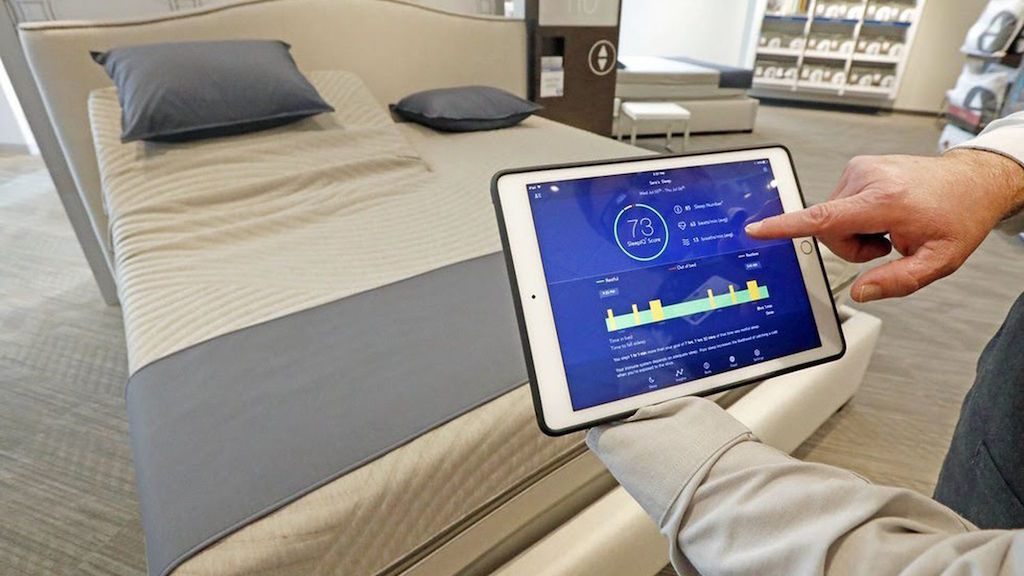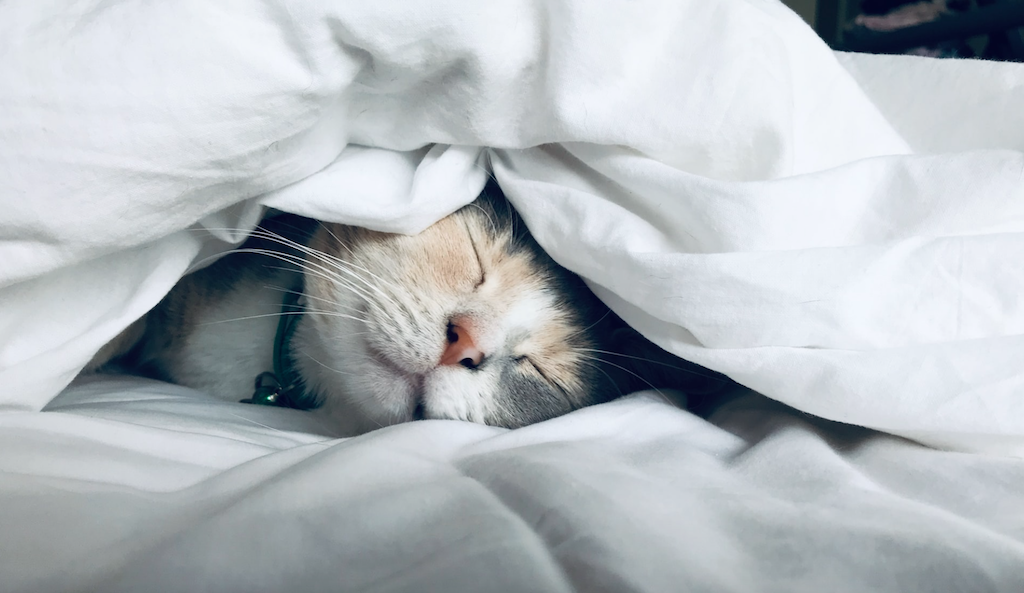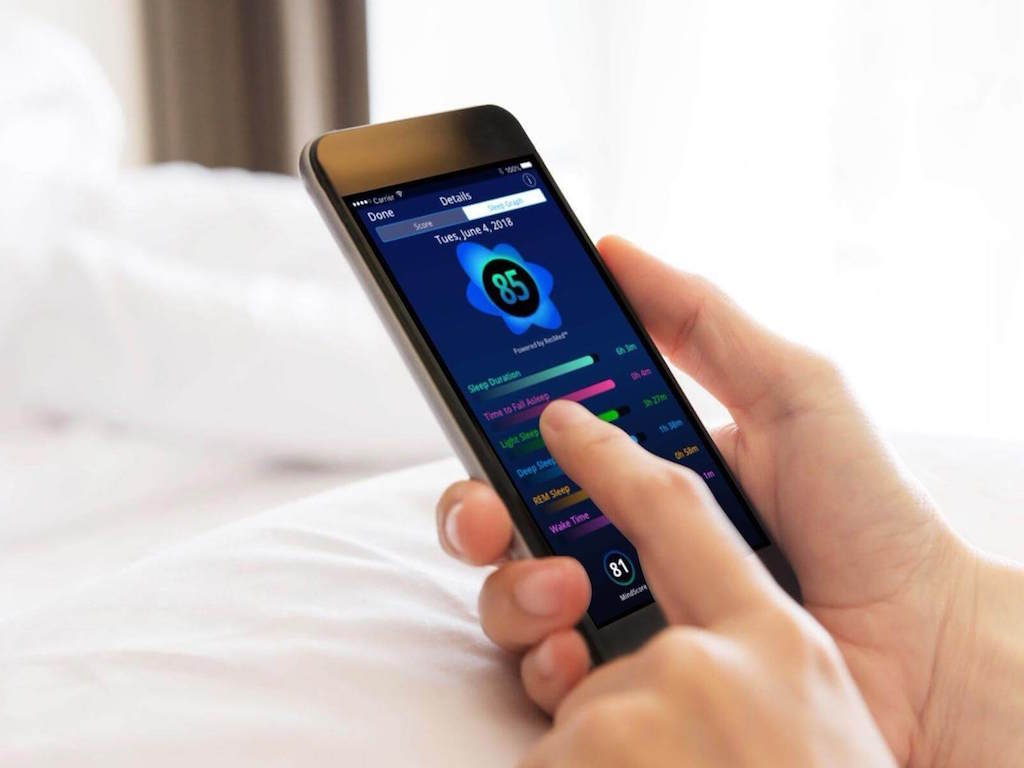4 Mins Read
Orthosomnia is on the rise. Born from our never-ending wellness mania, it’s a new obsession with “hacking” and optimising our sleep patterns with tech trackers, to the point where it’s doing more harm than good to our sleep. While digital gadgets that are meant to show you the metrics of your sleep patterns, from the number of hours to your sleep quality have become a huge hit in recent years, sleep apps and devices might not be so great for those who are little too addicted to them.
What is orthosomnia?
Orthosomnia is a new type of sleep problem that has arisen due to the overload of sleep information thanks to the influx of digital sleep trackers and apps in recent years. A group of scientists from Rush University Medical School and Northwestern University’s Feinberg School of Medicine coined the term (which is not yet officially recognised as a disorder) when they began noticing more patients reporting being kept up at night due to concerns about what their sleep tracking devices were telling them. In other words, by becoming so dependent upon these devices on their quest to achieve perfect sleep, people with orthosomnia are actually struggling to sleep and may spend countless hours thinking exhaustively about how they cannot optimise their nightly rest.
How did the obsession emerge?

Remember a few years ago, when the fitness and wellness world debuted trackers that measured our heart rate, counted our daily steps and physical activity as a general indicator of our health? These launched to huge fanfare, and later evolved and levelled up to monitor not only our exercise levels but our sleep too. These apps and devices are supposedly able to accurately tell you everything from the hours you sleep and the time you spend in REM – the deep phase of our sleep that is associated with brain development and learning, to how often we move, whether we snore and our overall sleep quality. Sleep fast became another metric that we’re obsessed with tracking via tech.
While sleep tech are helpful tools to have in our wellbeing handy-kit, many of us became addicted to constantly checking the truckload of information to achieve the “perfect” night of sleep. So if a particularly stressful evening happens to throw one off-track in terms of sleep quality or hours, orthosomnia sufferers might find themselves thinking endlessly about how to make up for the perceived loss to their sleep wellbeing, which raises the stress-hormone cortisol even further and keeps them up even longer. The effect could even last throughout the day if individuals continue to worry about the lack of rest they managed to get the night before.
In conversation with Refinery29, lecturer in sleep medicine at the University of Oxford Dr Nicola Barclay explained: “If you sleep tracker tells you you’ve at a four hours of poor quality sleep – even if the truth is far from this – the chances are this will psychologically impact your mood, energy levels the following day. It’s this reliance that creates a vicious cycle and will negatively impact your sleep.”
How can we keep orthosomnia under control?

Experts suggest that we go “back to basics” when it comes to improving our sleep. Most agree that the best thing we can do as individuals is to establish a solid and consistent sleep routine, sans tracker and all the tech. Make it a habit to set up evening cues to prepare ourselves for sleep a few hours before your planned bedtime, such as turning down the lights, reading a book or playing relaxing music. Aim for a similar “lights out” time every night and a regular wake up time in the morning. Read our comprehensive guide on steps to improve our sleep hygiene for more tips!
Is sleep tracking completely useless?
Despite the rise in orthosomnia, there might still be a place for sleep tracking tech to exist in our lives. According to the author of The Sleep Solution and sleep specialist Dr Chris Winter, trackers are still useful for providing users a general snapshot or idea of their sleep habits. Speaking to lifestyle news publication Well+Good, Winter said that sleep data can be particularly helpful for users tracking their night time rest when they have veered away from their regular evening habits, such as on a late night out or when they have slept at your partner’s house. With this data, individuals are empowered with information on whether certain lifestyle adjustments can help improve their sleeping habits at large.
Lead image courtesy of SleepScore / Sleep Junkies.




